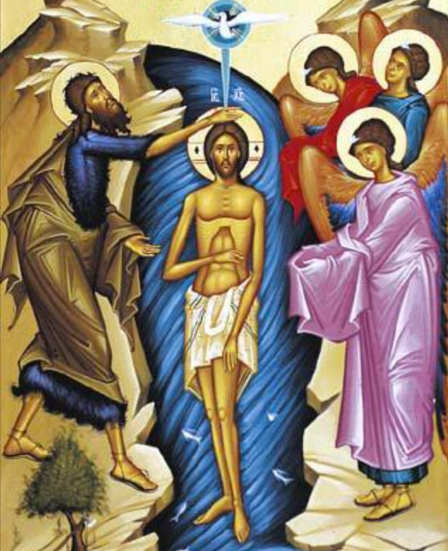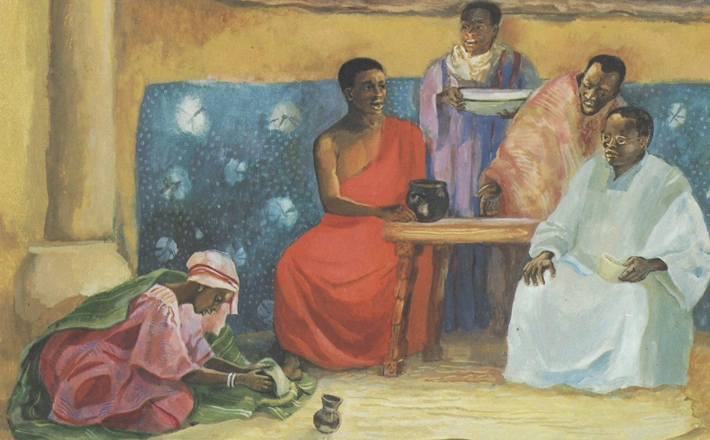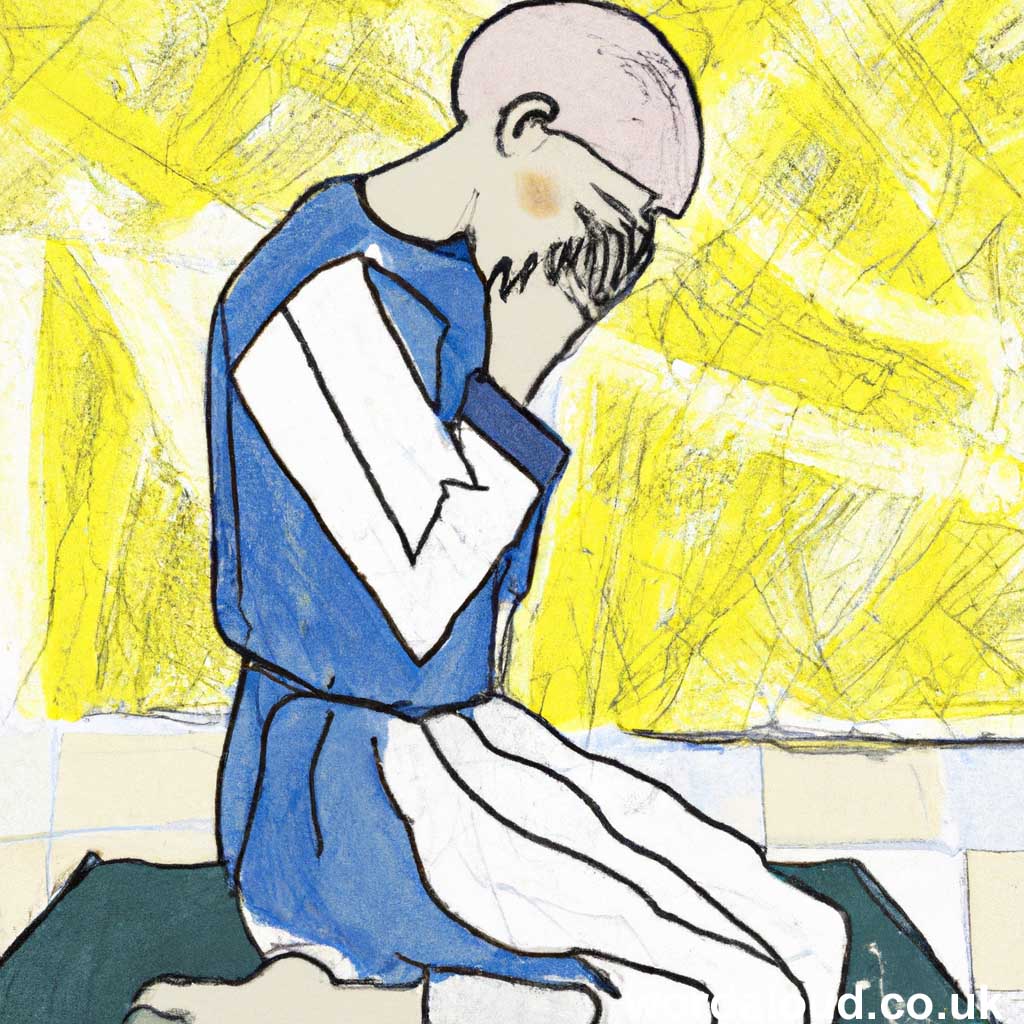Christian Art | George Herbert | Sepulchre | The Church | Easter-Wings
George Herbert | The Temple | The Church | Easter-Wings
My tender age in sorrow did beginne
And still with sicknesses and shame
Thou didst so punish sinne,
That I became
Most thinne.
With thee
Let me combine,
And feel this day thy victorie:
For, if I imp my wing on thine,
Affliction shall advance the flight in me.
Lord, who createdst man in wealth and store,
Though foolishly he lost the same,
Decaying more and more,
Till he became
Most poore:
With thee
O let me rise
As larks, harmoniously,
And sing this day thy victories:
Then shall the fall further the flight in me.
![]()

George Herbert | The Temple | The Church | Easter-Wings
The poem reflects a meditation on human suffering and redemption, as well as a call for divine assistance to transcend the human condition. It is structured in two stanzas, each beginning with the poet’s reflection on human limitations, followed by a plea for union with God, and concluding with a hope for spiritual elevation.
In the first stanza, the poet starts by describing his ‘tender age’ as marked by sorrow, sickness, and the ‘punishment’ of sin, alluding to an early life filled with challenges and consequences of wrongdoing. This establishes a theme of personal suffering, which he attributes to divine correction. Through this experience of affliction, he feels that he has been diminished, becoming ‘most thin’. Here, ‘thin’ suggests a state of physical or spiritual depletion. He then turns his attention to God, requesting to ‘combine’ with God, this desire for closeness or unity with the divine. Such union would allow the poet to share in God’s victory, which he envisions as a means to elevate his soul. By stating ‘if I imp my wing on thine,’ the poet uses the metaphor of a bird’s wing, referencing the practice of repairing a bird’s wing with feathers from another. The imagery implies that, through God’s support, the poet’s personal suffering could enhance his spiritual ‘flight’, lifting him beyond afflictions.
In the second stanza, the poet shifts from his own life to the creation of humankind. He acknowledges that humanity was initially created ‘in wealth and store’, a state of spiritual abundance. However, mankind, through its ‘foolish’ actions, lost this original grace and continued to decay, ultimately becoming ‘most poor’. This descent reflects the Biblical theme of the Fall of Man, where the poet views the loss of innocence and divine favour as resulting from human error. Similar to the first stanza, the poet here appeals to God to help him rise ‘with thee’, suggesting that a return to divine harmony is the only way to regain what was lost. The reference to ‘larks, harmoniously’ adds a natural image of birds rising and singing, symbolizing a hopeful ascent through divine assistance.
The poet’s desire for spiritual ascent continues in the final lines, where he prays that ‘the fall further the flight in me’. Here, the paradoxical image of falling as a means of ascent becomes central. In this line, the poet suggests that his sufferings and hardships may serve as a foundation for spiritual growth, potentially elevating him closer to God. The poet’s repeated mention of victory emphasizes the transformative power he associates with divine grace, presenting his afflictions as a form of preparation for a greater spiritual journey.
The poem contemplates the themes of human fallibility, divine correction, and redemption. Through its structure and imagery, the poet explores the idea that suffering can act as a catalyst for spiritual growth, urging for divine intervention to turn his affliction into a source of strength, ultimately leading closer to God.








